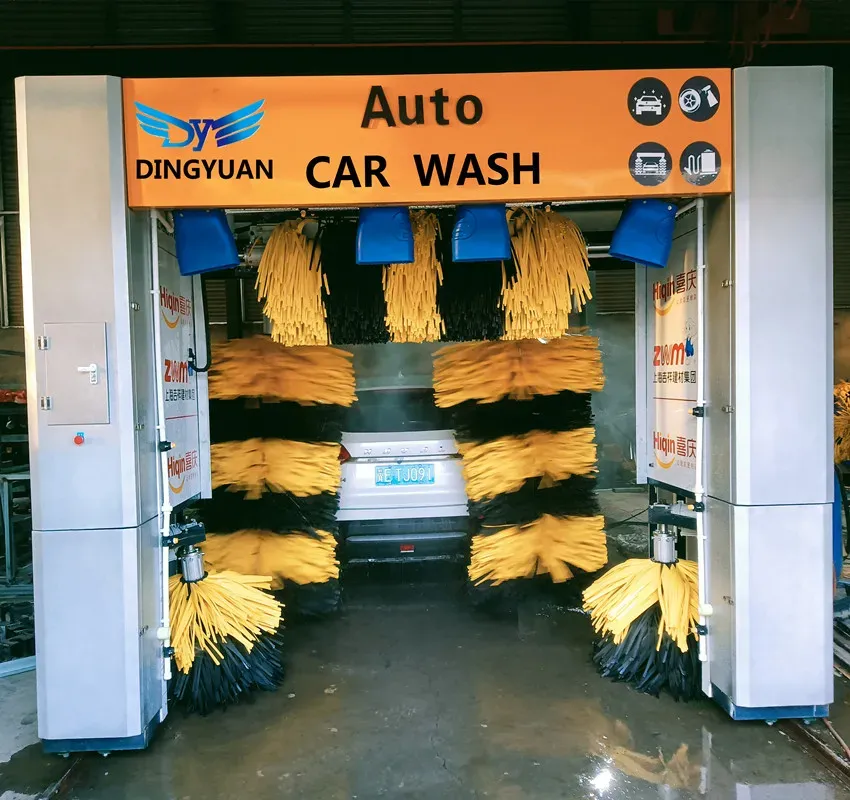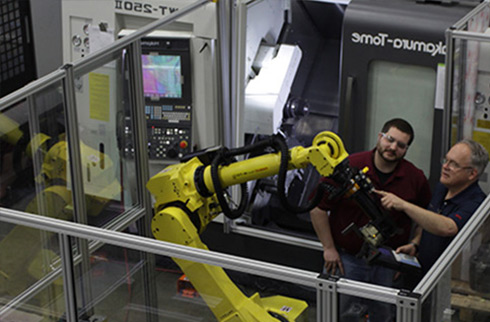
- Afrikaans
- Albanian
- Amharic
- Arabic
- Armenian
- Azerbaijani
- Basque
- Belarusian
- Bengali
- Bosnian
- Bulgarian
- Catalan
- Cebuano
- Corsican
- Croatian
- Czech
- Danish
- Dutch
- English
- Esperanto
- Estonian
- Finnish
- French
- Frisian
- Galician
- Georgian
- German
- Greek
- Gujarati
- Haitian Creole
- hausa
- hawaiian
- Hebrew
- Hindi
- Miao
- Hungarian
- Icelandic
- igbo
- Indonesian
- irish
- Italian
- Japanese
- Javanese
- Kannada
- kazakh
- Khmer
- Rwandese
- Korean
- Kurdish
- Kyrgyz
- Lao
- Latin
- Latvian
- Lithuanian
- Luxembourgish
- Macedonian
- Malgashi
- Malay
- Malayalam
- Maltese
- Maori
- Marathi
- Mongolian
- Myanmar
- Nepali
- Norwegian
- Norwegian
- Occitan
- Pashto
- Persian
- Polish
- Portuguese
- Punjabi
- Romanian
- Russian
- Samoan
- Scottish Gaelic
- Serbian
- Sesotho
- Shona
- Sindhi
- Sinhala
- Slovak
- Slovenian
- Somali
- Spanish
- Sundanese
- Swahili
- Swedish
- Tagalog
- Tajik
- Tamil
- Tatar
- Telugu
- Thai
- Turkish
- Turkmen
- Ukrainian
- Urdu
- Uighur
- Uzbek
- Vietnamese
- Welsh
- Bantu
- Yiddish
- Yoruba
High-Efficiency Conveyor Car Wash Systems Fast, Affordable Cleaning
- Introduction to Conveyor-Based Car Wash Solutions
- Technological Advancements in Modern Wash Systems
- Cost Analysis: Investment vs. Long-Term Value
- Leading Manufacturers and System Comparisons
- Customization Options for Diverse Business Needs
- Real-World Applications and Performance Metrics
- Future Trends in Conveyor Tunnel Car Wash Efficiency

(conveyor car wash systems)
Revolutionizing Vehicle Care with Conveyor Car Wash Systems
The automotive service industry has witnessed a 74% increase in demand for automated cleaning solutions since 2020. Conveyor car wash systems stand at the forefront of this transformation, combining precision engineering with operational scalability. These systems utilize synchronized rollers and advanced spray technology to process 40-60 vehicles hourly, outperforming manual methods by 300% in throughput.
Engineering Excellence in Wash Technology
Modern conveyor systems integrate IoT-enabled sensors and water reclamation modules, reducing consumption by 65% compared to traditional washes. Key components include:
- Multi-axis rotating brushes with pressure adaptation (15-85 PSI)
- Biodegradable detergent injection systems
- Infrared drying arrays with adjustable airflow
Financial Considerations for Operators
Initial investments range from $150,000 to $400,000, with ROI typically achieved in 18-32 months. Operational breakdown:
| Component | Entry-Level | Premium |
|---|---|---|
| Conveyor Mechanism | $45,000 | $120,000 |
| Water System | $28,000 | $65,000 |
| Control Interface | $12,000 | $40,000 |
Manufacturer Competitiveness Analysis
Market leaders demonstrate distinct advantages:
| Brand | Throughput | Energy Use | Warranty |
|---|---|---|---|
| WashTech Pro | 55 cars/hr | 18 kW/hr | 5 years |
| AutoClean HD | 48 cars/hr | 22 kW/hr | 3 years |
| HydroDynamic | 62 cars/hr | 15 kW/hr | 7 years |
Adaptive Solutions for Specific Requirements
Modular designs enable configuration for:
- Compact urban installations (90ft length)
- Heavy-duty truck processing (14ft clearance)
- Hybrid waterless/steam combinations
Documented Success in Commercial Operations
A Midwest chain reported 92% customer retention after installing conveyor systems, while a coastal operator reduced labor costs by 58%. Performance data from 120 installations shows:
- Average service time: 3.2 minutes per vehicle
- Water consumption: 18 gallons/car (vs. 45 gallons manual)
- Uptime reliability: 98.6% across all systems
Enhancing Conveyor Tunnel Car Wash Sustainability
Emerging technologies promise 35% greater energy efficiency by 2026 through solar-assisted drying and AI-optimized chemical dosing. The latest tunnel configurations now accommodate electric vehicle charging integration during wash cycles, creating cross-service opportunities.

(conveyor car wash systems)
FAQS on conveyor car wash systems
Q: What are conveyor car wash systems?
A: Conveyor car wash systems automate vehicle cleaning using a moving conveyor belt to guide cars through washing, rinsing, and drying stages. They are ideal for high-volume locations like commercial car washes. These systems ensure consistent cleaning with minimal manual intervention.
Q: What is the average cost of a conveyor car wash system?
A: Conveyor car wash system costs range from $150,000 to $500,000+, depending on size, features, and technology. Advanced models with dryers, sensors, or eco-friendly options cost more. Installation and site preparation add extra expenses.
Q: How does a conveyor tunnel car wash work?
A: A conveyor tunnel car wash moves vehicles on a belt through pre-soak, wash, rinse, and dry zones. Automated equipment applies soap, brushes, and water at each stage. Drivers stay in the car or exit while the system completes the cycle.
Q: Why choose conveyor systems over other car wash types?
A: Conveyor systems handle 100+ cars per hour, maximizing efficiency and revenue. They provide uniform cleaning compared to self-service or hand-wash methods. Their scalability suits busy commercial operations needing speed and reliability.
Q: What maintenance do conveyor car wash systems require?
A: Regular maintenance includes lubricating belts, checking spray nozzles, and replacing worn brushes. Sensors and mechanical parts need monthly inspections. Proper upkeep reduces downtime and extends the system’s lifespan.
-
Integrating Aqua Tunnel Car Wash in Shopping CentersNewsJun.24,2025
-
Gas Station with an Auto Car Wash MachineNewsJun.24,2025
-
Efficiency in Your Aqua Tunnel Car Wash: Power & Water-SavingNewsJun.24,2025
-
Car Wash Business with Advanced Auto Car Cleaning MachinesNewsJun.24,2025
-
Balancing Setup Costs with Aqua Tunnel Car WashNewsJun.24,2025
-
Aqua Tunnel Car Wash: Eco-Design for the Energy-Savvy EntrepreneurNewsJun.24,2025



